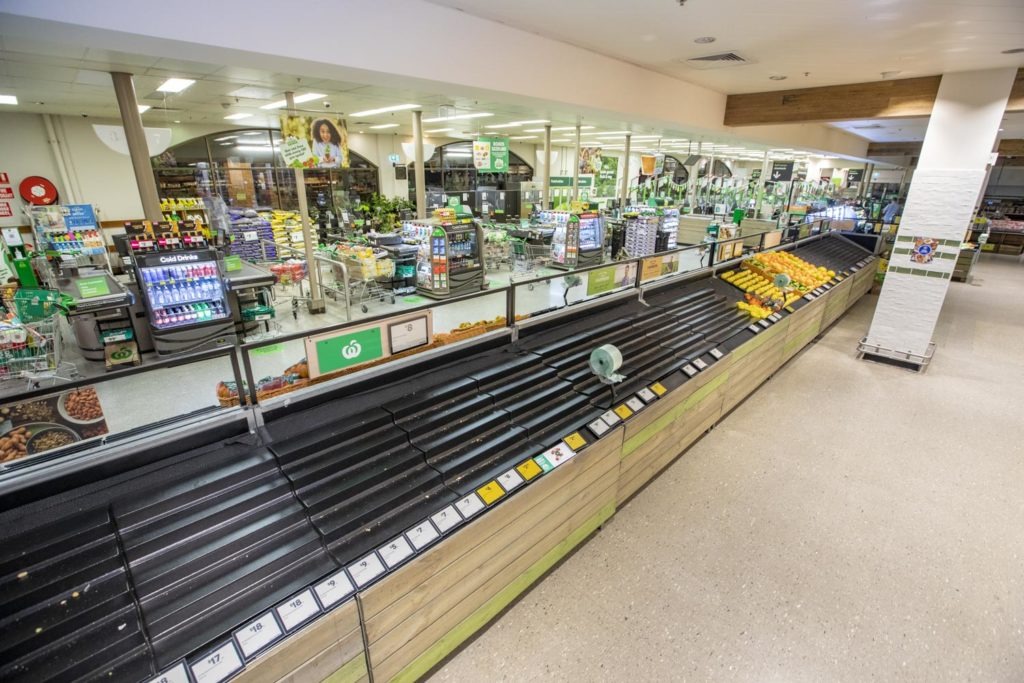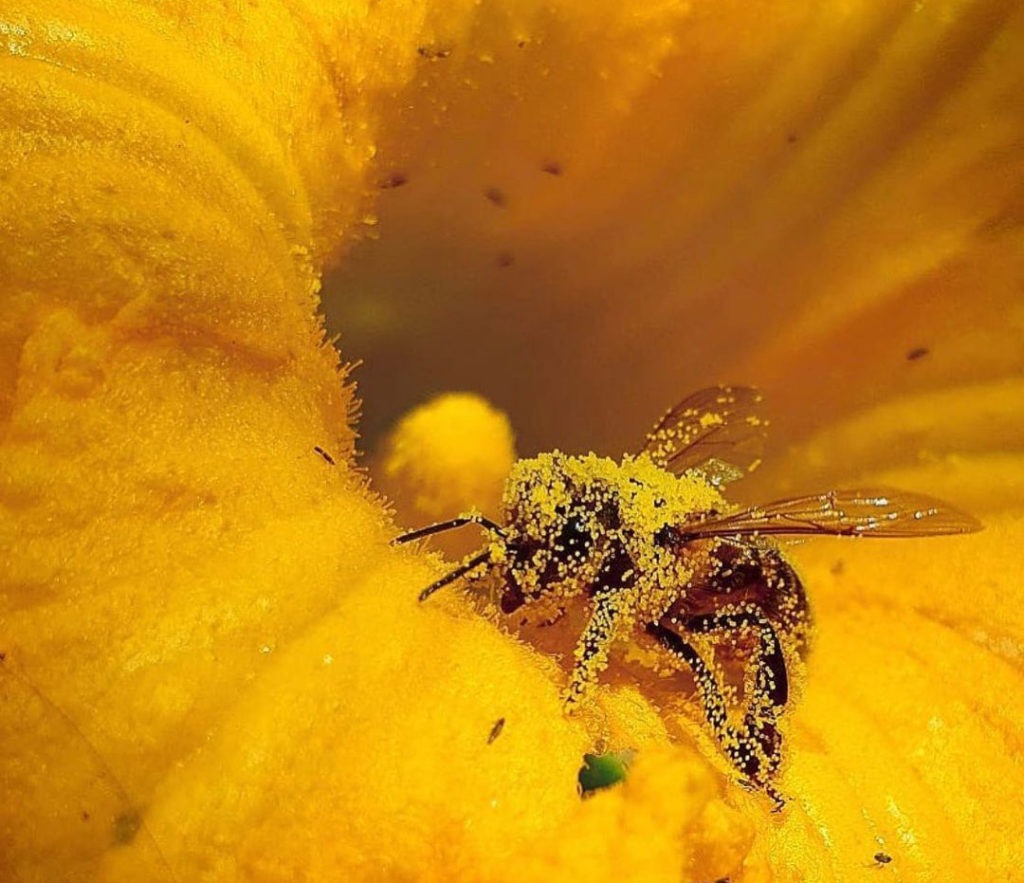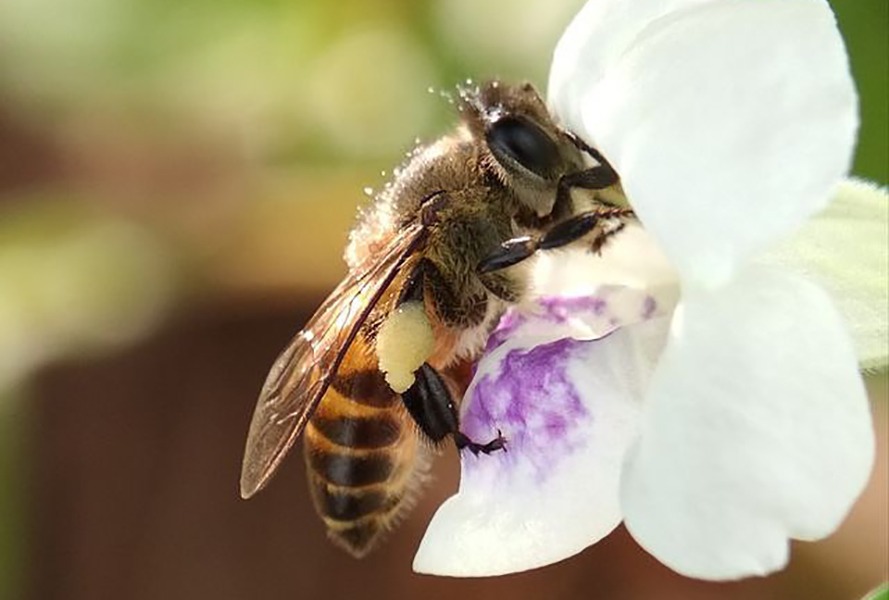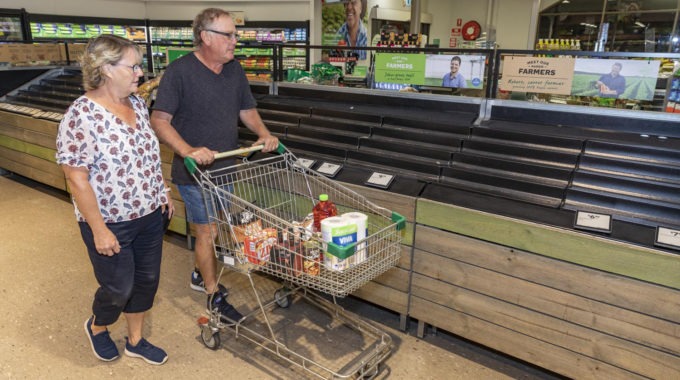Bee warned: shelves stripped bare
Woolworths has stripped the shelves of its Neutral Bay store in Sydney of fruit, vegetables and long life products that rely on pollination in an attempt to illustrate to consumers the significant role bees and insects play in Australia’s food supply.
Vast amounts of Australia’s floral resources have recently been decimated by drought, bushfires and floods. Last year’s bushfires resulted in 15.6 million hectares of burnt forests, which provided the nectar and pollen that are required for healthy bees.

Without these resources, fresh produce like avocado, apples, cucumber, pumpkin, rockmelon, watermelon, blueberries, zucchini and kiwifruit would become scarce. Similarly, pantry staples like macadamias, coffee beans, muesli, cereal, almonds, fruit juice, fruit-based jams and canola oil all rely on or include ingredients that require pollination.
Sixty-five percent of Australian horticultural and agricultural crops require honey bees in order to pollinate, amounting to more than $14 billion contributed to the economy each year. Without bees, these products could cease to appear on supermarket shelves.

“What many people don’t realise is how much of our food supply relies directly on pollinating bees,” says Woolworths Chief Marketing Officer Andrew Hicks. “Our goal here is to start a conversation in Australian homes about what a supermarket without bees would look like, and how their impact goes far beyond just fruit and vegetables.
“However, if we take small actions to support bees and pollination today, we can create a better tomorrow and prevent this from becoming a reality.”
Trevor Weatherhead, Chair of the Australian Honey Bee Industry Council, says it’s vital for both honey production and pollination of our food crops that bee health is maintained.
“With drought and bushfires, it’s now more critical than ever for beekeepers to have access to national parks and forests to help provide adequate floral resources,” he says.

Luckily, we can all play a part in bee health by considering the trees and plants in our own backyards that provide this necessary nectar and pollen.
Leisa Sams, General Manager of Hum Honey, says that as a beekeeper, the most common question she’s asked is: what can people do to help bees?
“The simple answer is to plant bee-friendly plants in your garden, so honey bees have year-round access to pollen and nectar producing forage,” she says.
For comprehensive information on planting a bee-friendly garden, check out Bee Friendly: a planting guide for European honeybees and Australian native pollinators. For more practical measures on how you can help our bees, head to wheenbeefoundation.org.au









